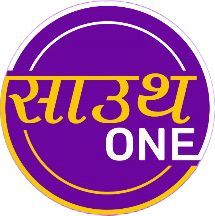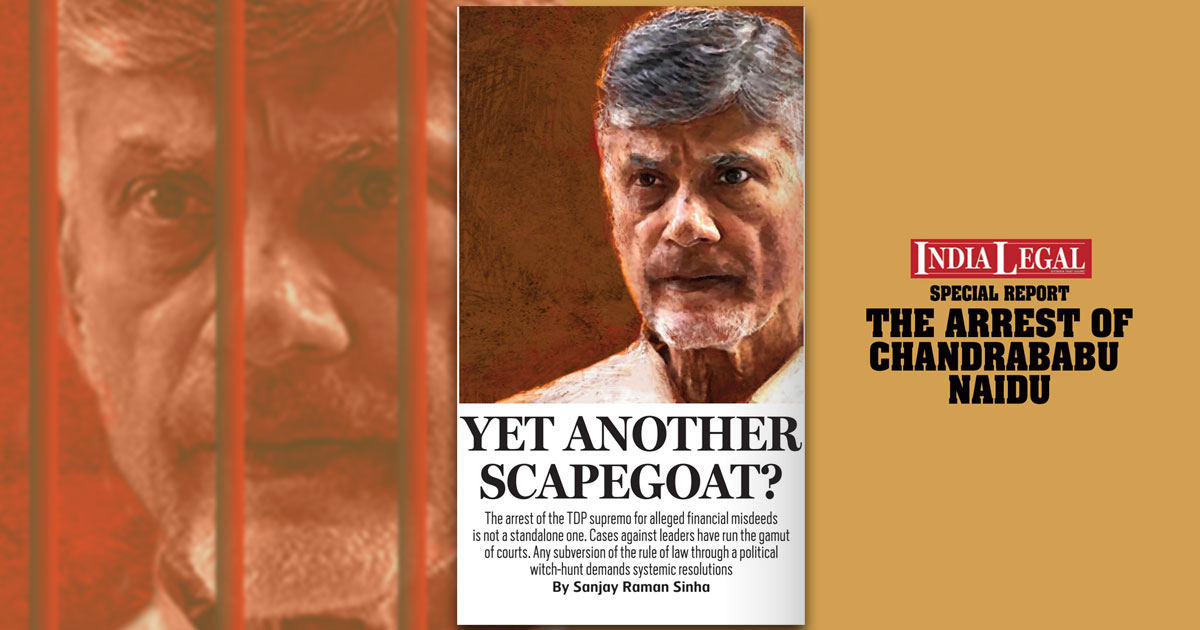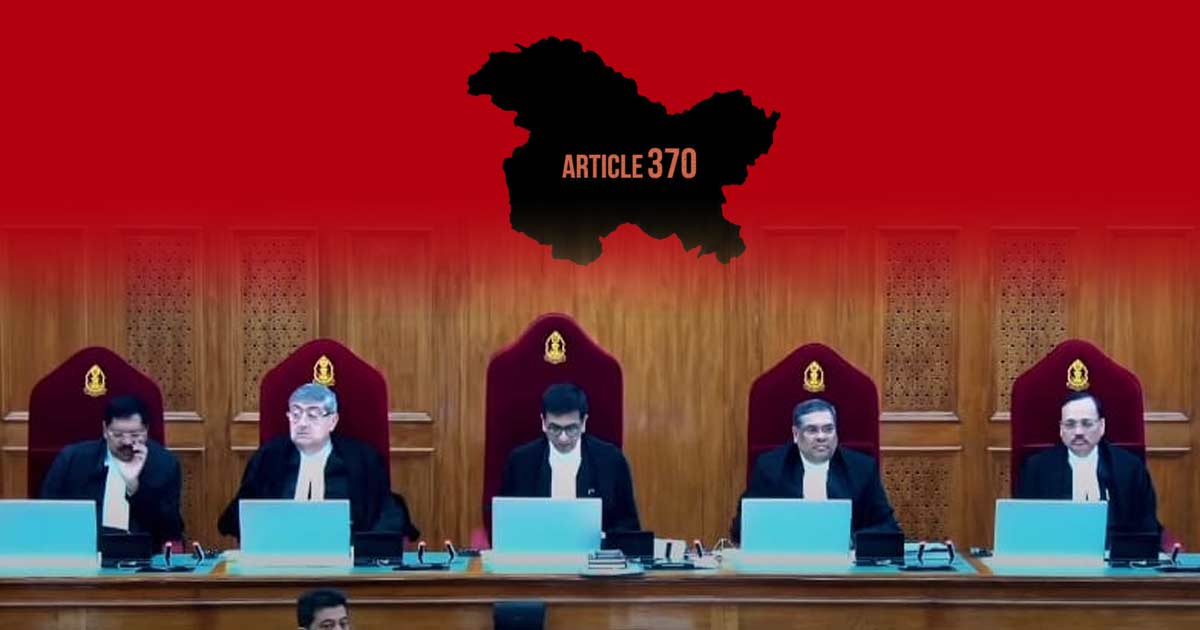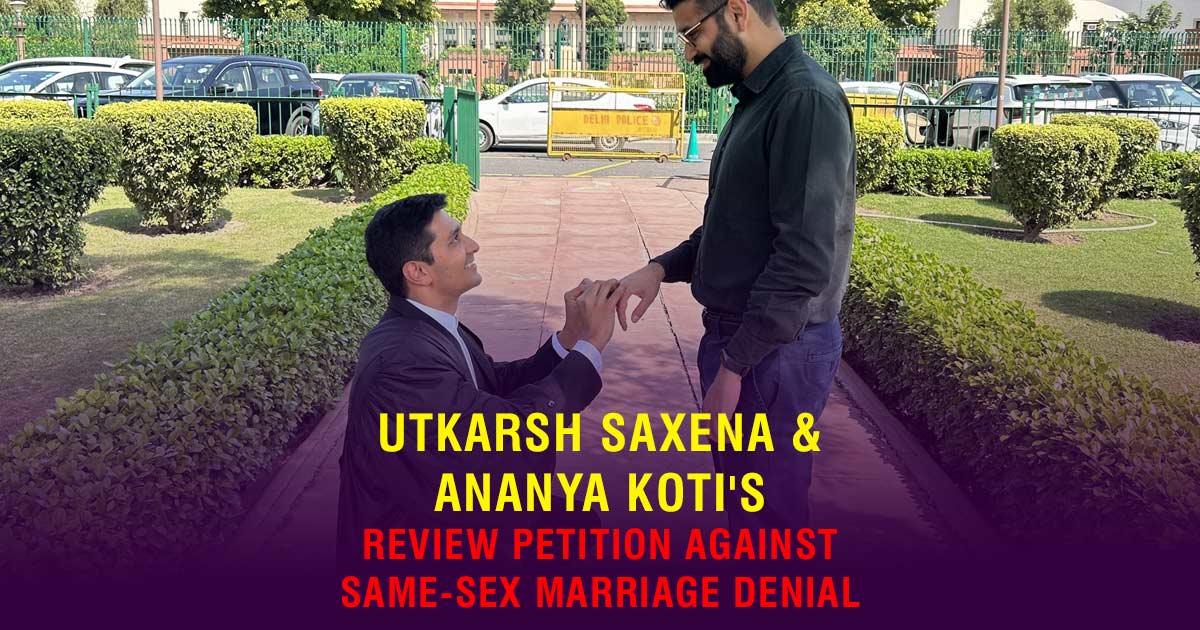In the ongoing copyright infringement case involving prominent Indian Film Director and Screenwriter Kortala Siva for his work on the film ‘Srimanthudu,’ the Telangana High Court has recently reached a critical decision. Notably, the court has chosen not to quash proceedings against Siva, responding to a complaint filed by poet and novelist, Sarath Chandra, who alleges that the movie copied his novel ‘Chachhentha Prema.’
It is very shameful act of Koratala Shiva claiming his own idea. Telangana High Court Declines To Quash Proceedings Against Film Director & Screenwriter Kortala Siva In 'Srimanthudu' Copyright Infringement Case https://t.co/YzIvOOTejt
— Aswatha Narayana M (@aswatha_m) December 8, 2023
Case Background
In the complaint filed, Sarath Chandra argued that Kortala Siva, in collaboration with producer Yerneni Naveen and Mahesh Babu Entertainment Pvt. Ltd, had intentions to remake ‘Srimanthudu’ in Hindi, sparking a legal battle. Seeking an injunction against the Hindi remake, Chandra filed a complaint citing copyright infringement under section 420, 468, and 471 of the Indian Penal Code. The Magistrate took cognizance of the matter, commencing legal proceedings.
Court’s Preliminary Analysis
Justice K Surender, in the verdict, stressed that a preliminary examination of the complaint unveiled not just the replication of the concept but also the narrative of the novel. The judge asserted that minor adjustments were inadequate to consider the movie an original creation. Moreover, the opinions of eight prominent writers, comparing the movie and the novel, substantiated the claim of copyright infringement.
Telangana High Court Declines To Quash Proceedings Against Film Director & Screenwriter Kortala Siva In 'Srimanthudu' Copyright Infringement Casehttps://t.co/rTrEU7fnX6
— Live Law (@LiveLawIndia) December 7, 2023
Different Roles of the Accused
While Kortala Siva claimed to be the ‘Director,’ ‘Writer,’ and ‘Screenplay Writer,’ the court differentiated the roles of the accused. Proceedings against producer Yerneni Naveen and Mahesh Babu Entertainment Pvt. Ltd were quashed, with the court stating that their involvement in movie production did not imply criminal conspiracy. The judgment emphasized that criminal intent could not be ascribed to them, particularly when Siva himself asserted to be the sole writer of the story.
Allegations by the Complainant
Sarath Chandra contended that his novel ‘Chachhentha Prema,’ published in 2012, delved into the theme of love between protagonists grappling with social issues due to village displacement. He maintained that ‘Srimanthudu,’ released in 2015, not only copied the concept of ‘land for land’ but replicated the entire storyline, characters, and roles from his novel, albeit with minor modifications.
Telangana High Court refuses to quash proceedings against Film Director Kortala Siva in 'Srimanthudu' copyright infringement case. The court emphasizes prima facie evidence of copied concept and storyline from the complainant's novel. #Copyright #TelanganaHighCourt #Srimanthudu pic.twitter.com/DEaYM9gKy5
— Informed Alerts (@InformedAlerts) December 7, 2023
Verdict of the Cine Writers’ Association
In 2015, the complainant sought the opinion of the Telugu Cine Writers’ Association, which unanimously supported his claim that the movie was a copy of his book.
Also Read: Supreme Court To Announce Its Verdict In Article 370 Case On December 11
Court’s Decision on Additional Charges
The court dismissed the plea to add charges of cheating and forgery, asserting that the ongoing copyright infringement case made such additions unnecessary. It clarified that for cheating to be applicable, there must be an act of deception causing wrongful loss, which was not applicable in this context.
While legal proceedings against the producer and Mahesh Babu Entertainment Pvt. Ltd have been terminated, the court has allowed the copyright infringement case against Kortala Siva to proceed. This ruling signifies a significant development at the crossroads of literature and cinema, underscoring the imperative of safeguarding intellectual property in the creative domain.







